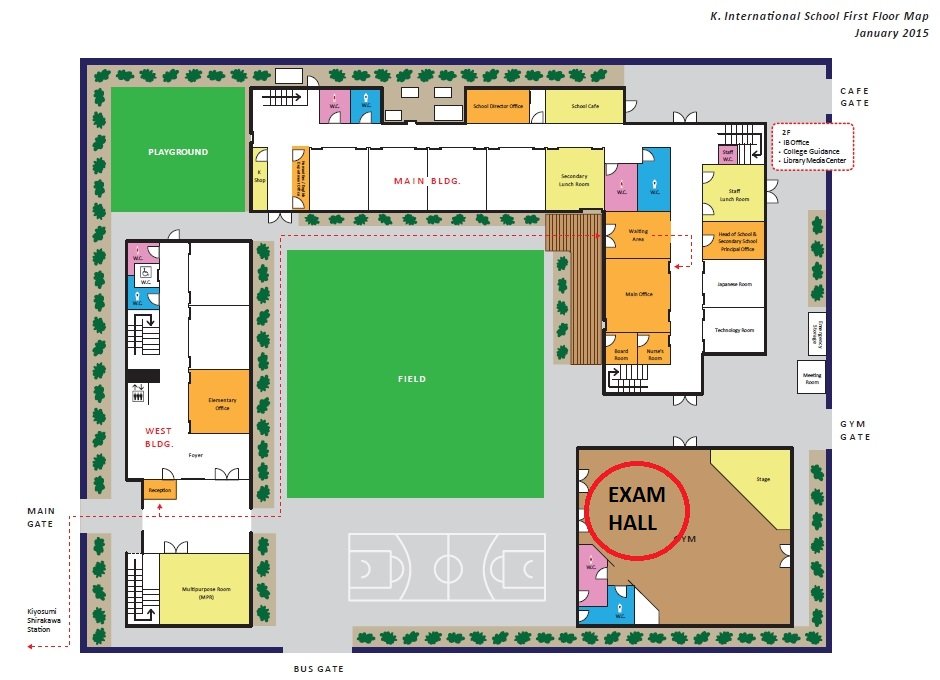What does GCSE / IGCSE stand for?
GCSE is the acronym for General Certificate of Secondary Education and is a part of the UK National Curriculum taught to pupils from 14 to 16 in years 10 and 11. IGCSEs are the international version of the GCSE and are designed to have culturally neutral questions.
GCSE / IGCSEs are the first exams which will have a direct bearing on a child’s future career. Many colleges and universities have a minimum requirement for particular courses such as a minimum of 5 GCSEs at grade C (grade 4) and above or demand five A/A*s (grade 6s). English, Maths and the Sciences are generally required.
Which subjects are compulsory in GCSEs?
All children are expected to do three core subjects, English, Maths and Science. Science may either be a Double GCSE or split into three; Biology, Physics, and Chemistry. Other subjects are optional but normally children will select at least a humanties and a language.
How many GCSEs do children have to take?
Each school determines the number of GCSEs pupils take and can be as high as 12 or few as 7, although on average its about 9. In year 9 students are asked to select their optional GCSEs which may have a bearing on the future direction of their studies and career. It is a good idea to encourage children to pick subjects they find easy, are good at, and are interested in.
How are GCSEs graded?
GCSE students traditionally were given marks between A* and G. G is the lowest mark with a U being given for an ‘ungraded’ exam. Recently, in 2017 onwards the grading system changed to numerical ranking from 9 (highest) to 1 (lowest). This numerical grading maps to the old A* to G grades as follows:-
Grade 9 – Maximum mark possible higher than an A*
Grade 8 – Above an A but not quite an A*
Grade 7 – Just below an A
Grade 6 – A little better than a B
Grade 5 – Above a C but below a B and commonly known as a ‘strong pass’.
Grade 4 – Equivalent to a C. Known as a ‘standard pass’
Grade 3 – Above an E but below a D
Grade 2 – Between an Fand an E
Grade 1 – Between an G and a F
Ungraded – Is the same as before and is equivalent to a fail
Due to so many children getting A*s it was decided that it would be benefitical to know who are the very best performing children so the system was changed to nurmerical grading and the questions were made more challenging. International schools teaching IGCSEs are also changing to the numerically graded tests, but will take a few years longer to complete the process.
How long is a GCSE course?
Courses generally take two-years of study in which the full curriculum will be covered. There may be coursework or other assessments which contribute towards the end result so its a good idea to perform consistently and not leave things to the last minute. Some subjects such as Art, Design and Technology, or Music, have a 60% coursework component.
Learn how to help your child perform to the best of their ability by reviewing the 7-Step Process below.




